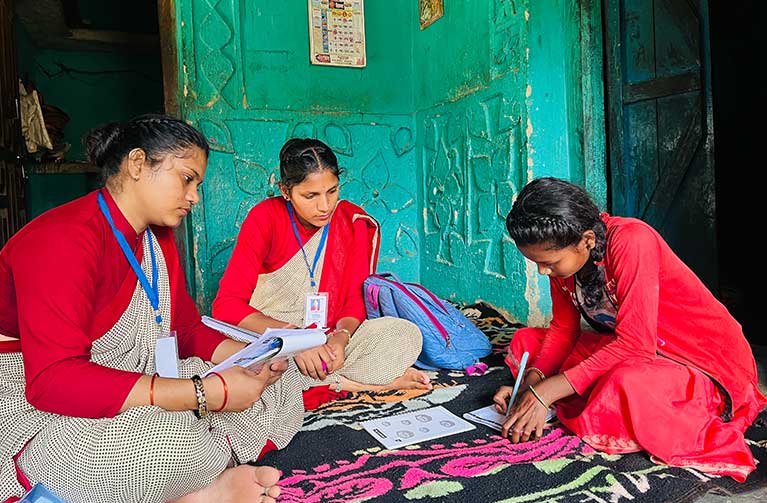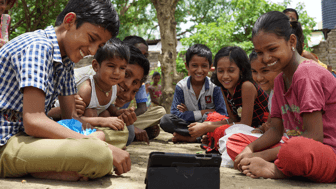Annual Report of Education Report
We believe that we can Educate more Children

Context
The word “aser” (pronounced uh-sir) means “impact” in Hindi and in many Indian languages. If development programs are to lead to desired outcomes, their impact on the ground should be regularly assessed. Large sums of public money are channelled into social sector programs. Information on how these investments translate into outcomes on the ground is a major indicator to evaluate their effectiveness.
Currently, independent, timely data on outcomes are not available, especially at the district level. In addition, outside of urban India, there is an enormous shortage of people able to design, implement, and understand the nuts and bolts of assessment. ASER Centre was established to fill these critical gaps.
Approach
ASER Centre’s flagship activity is the Annual Status of Education Report (commonly known as the ASER report), a household-based survey that collects information on children’s schooling status and basic learning outcomes in almost every rural district in the country.
The basic nationwide ASER survey is an enormous participatory exercise that has involved about 500 organisations and upwards of 25,000 volunteers every year since 2005. Estimates of children’s schooling and learning status are generated at district, state and national levels. In 2016, ASER switched to an alternate-year model where the ‘basic’ ASER is conducted in all rural districts of the country every other year rather than annually. In the gap years, a smaller survey (typically 1-2 districts per state) focuses on other age groups and domains.
ASER is an annual source of data on children’s learning outcomes for India, and is often credited with changing the focus of discussions on education from inputs to outcomes. The ASER model has been adapted for use by organisations in 14 other countries across three continents. These organisations came together organically to form the People’s Action for Learning (PAL) Network, with a secretariat housed in Nairobi.


Reach & Sale
The basic ASER survey reaches almost every rural district in the country and covers more than 15,000 villages and 650,000 children (the sample size is more than twice that of the survey rounds conducted by the government’s National Sample Survey Organization). Other research, assessment and capacity-building projects vary in reach and scale.
In addition, ASER Centre implements large- and small-scale research studies addressing a variety of domains. Conducted in collaboration with institutions such as UNICEF, the World Bank, the MacArthur Foundation, the University of Cambridge, Ambedkar University Delhi, and others, these studies seek to generate evidence that is actionable by both policy makers and practitioners.